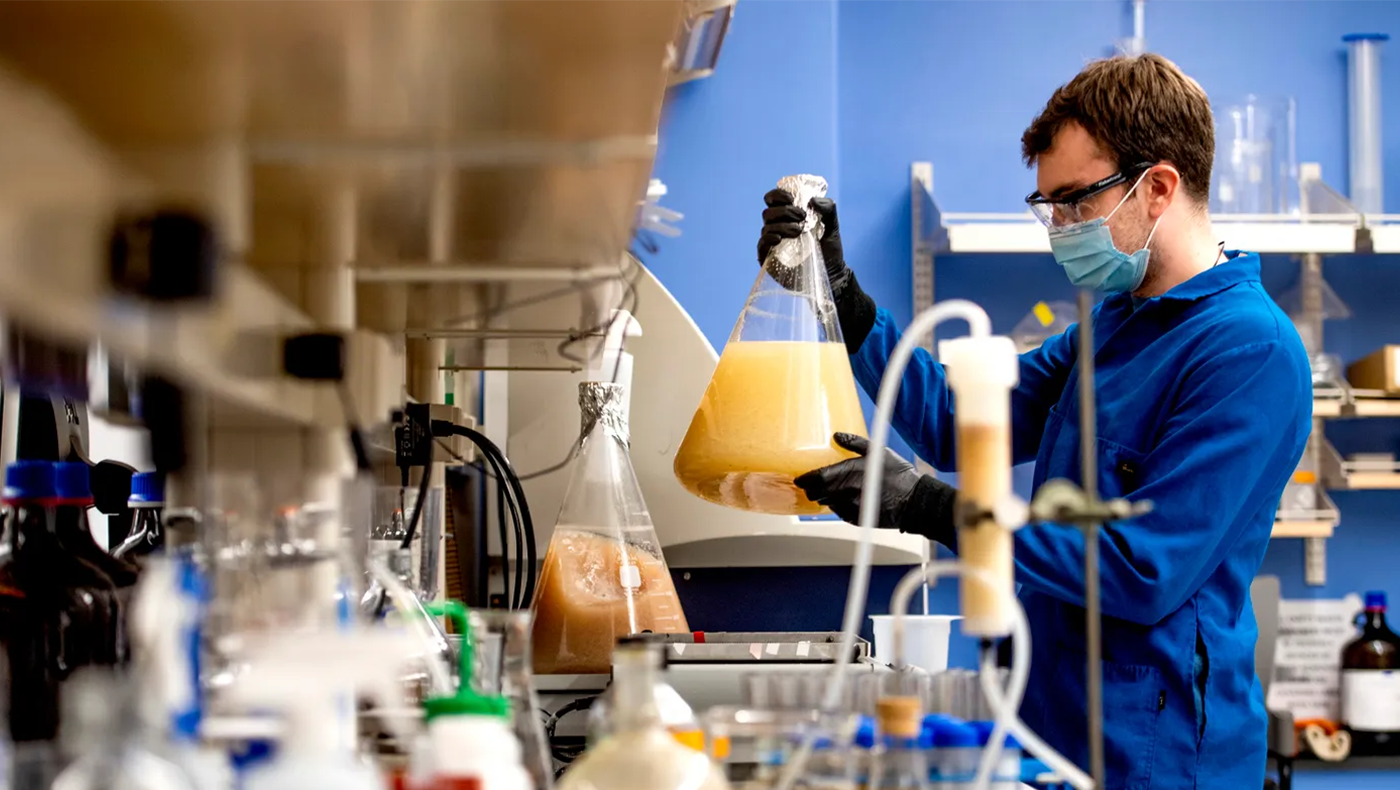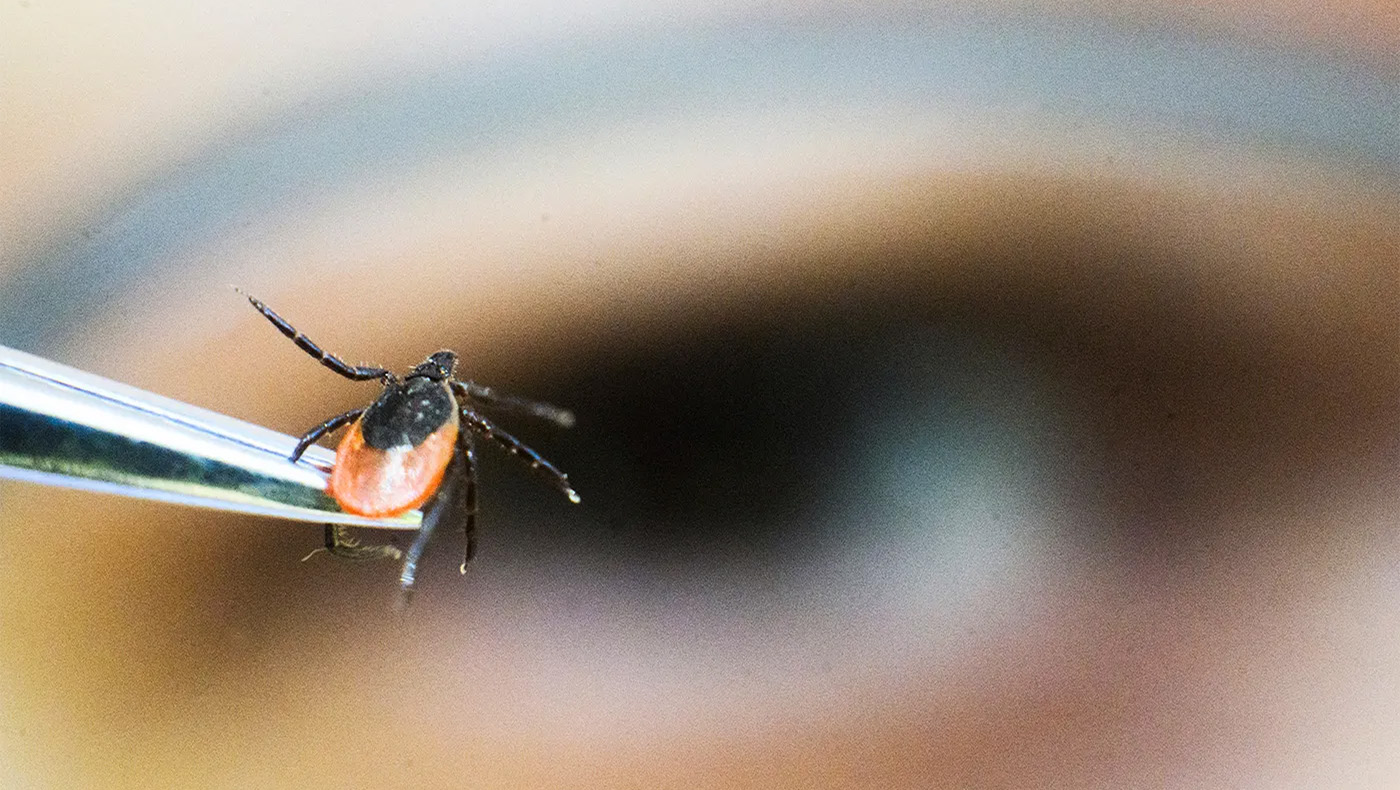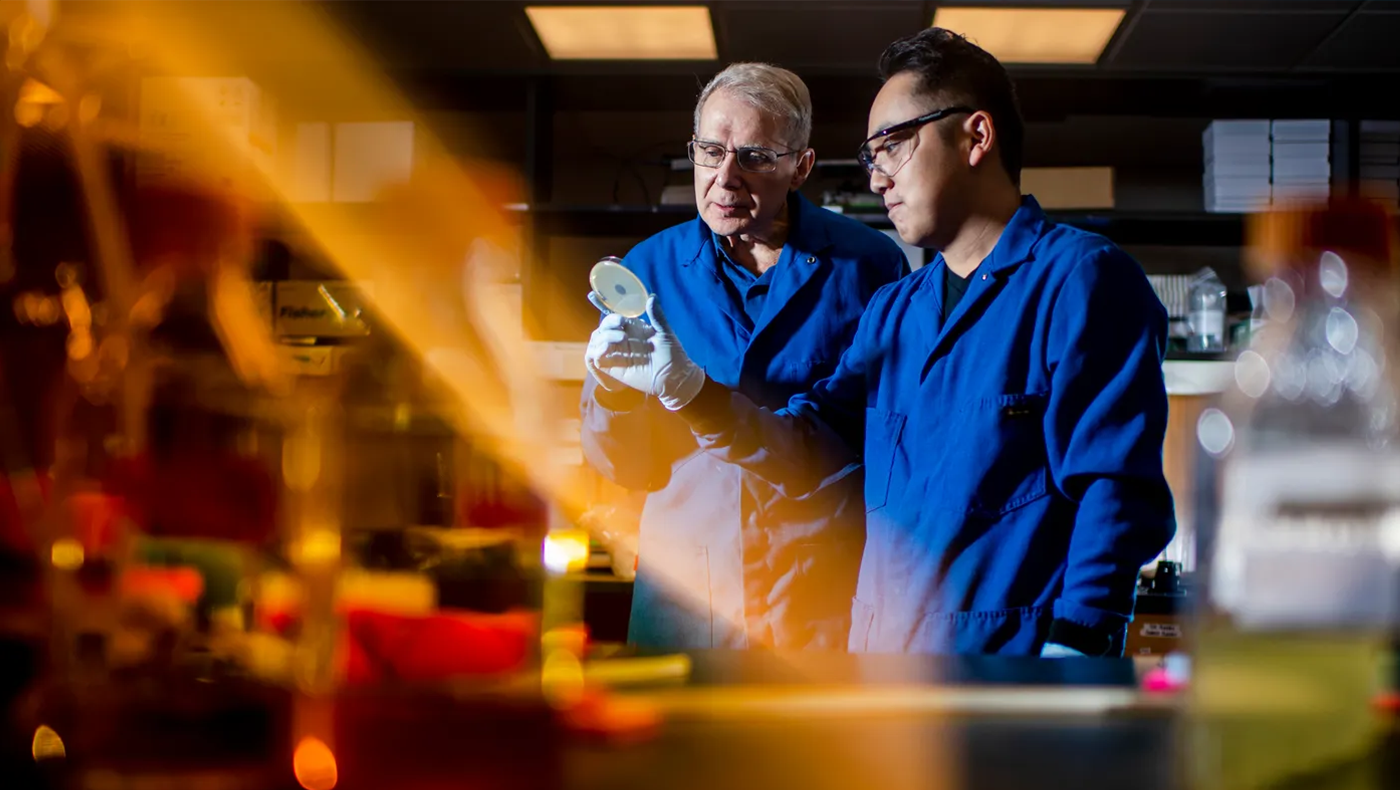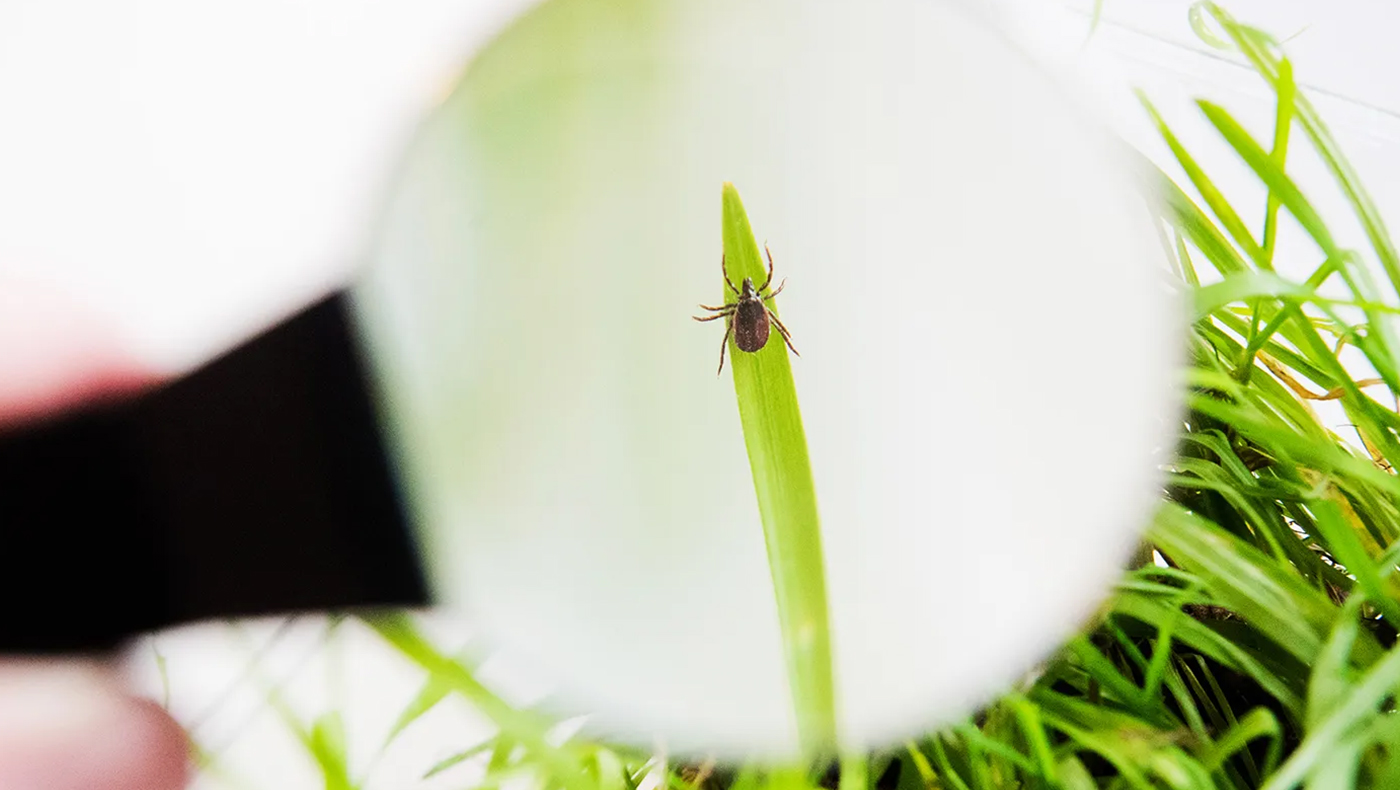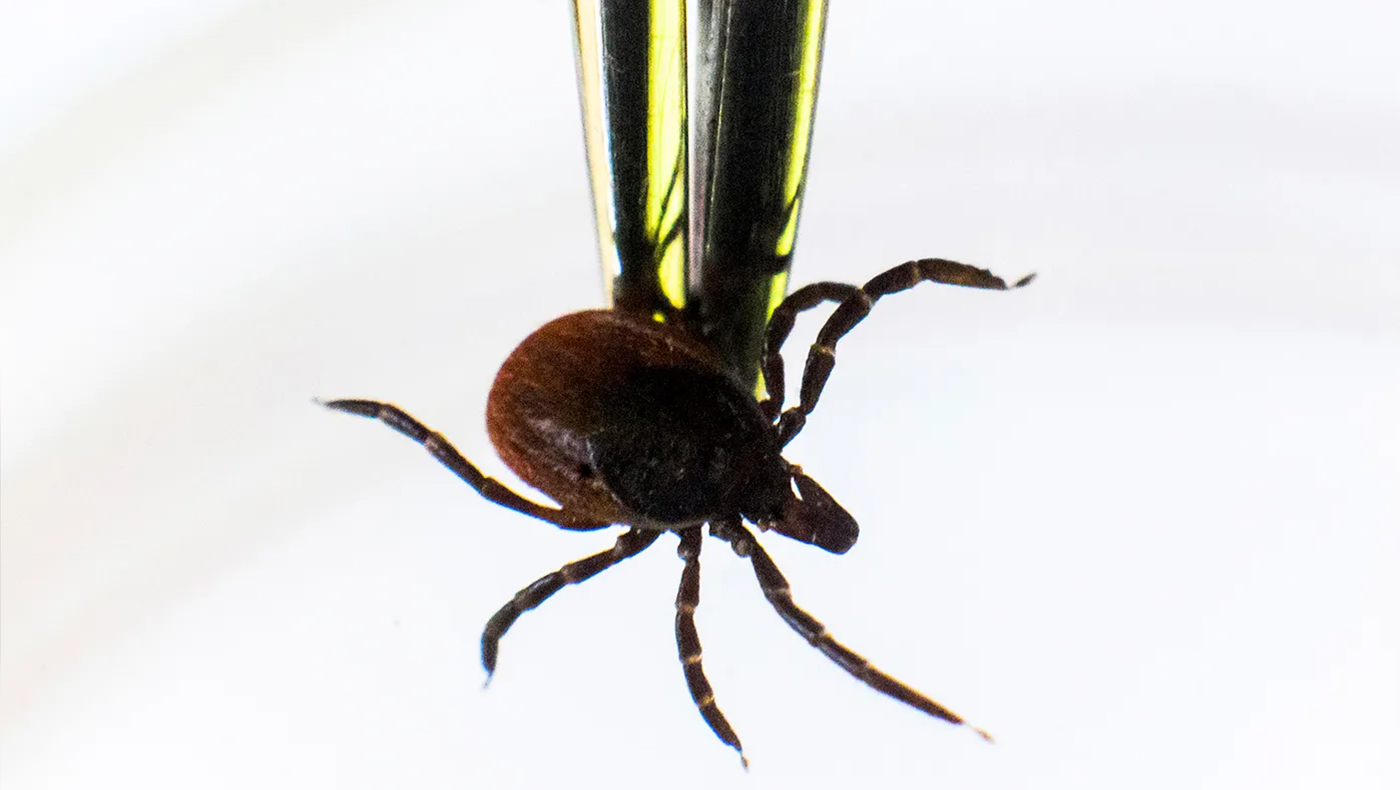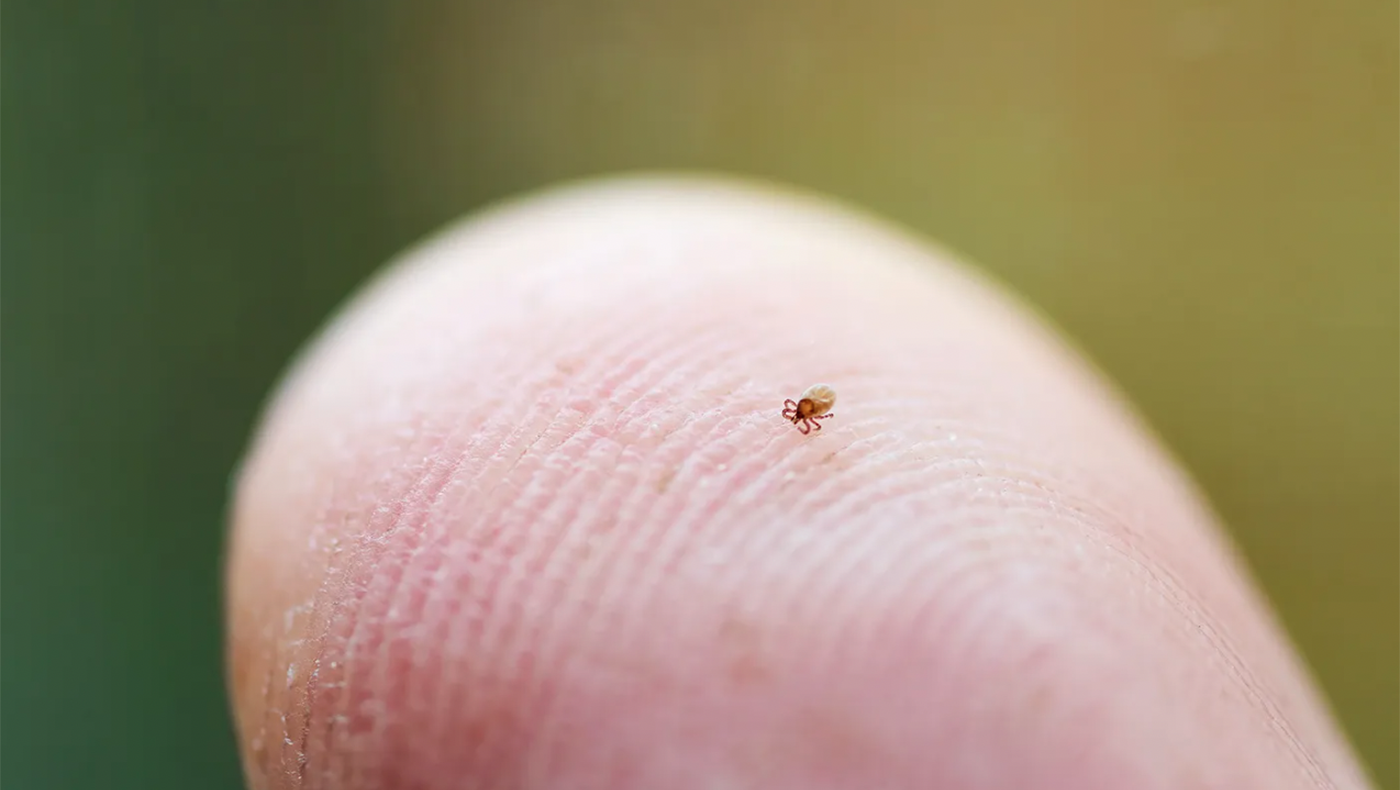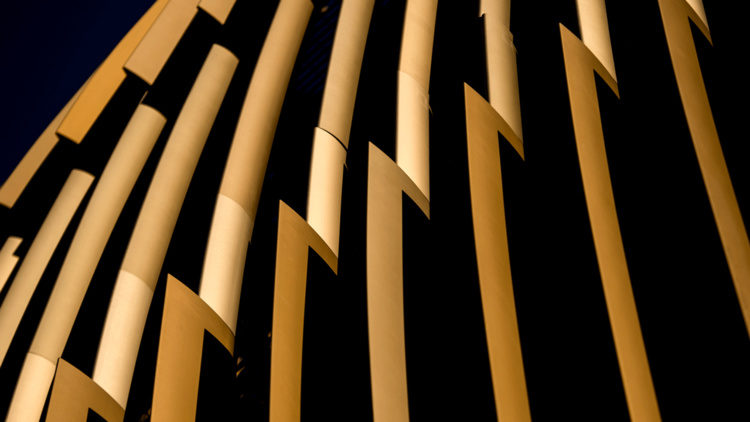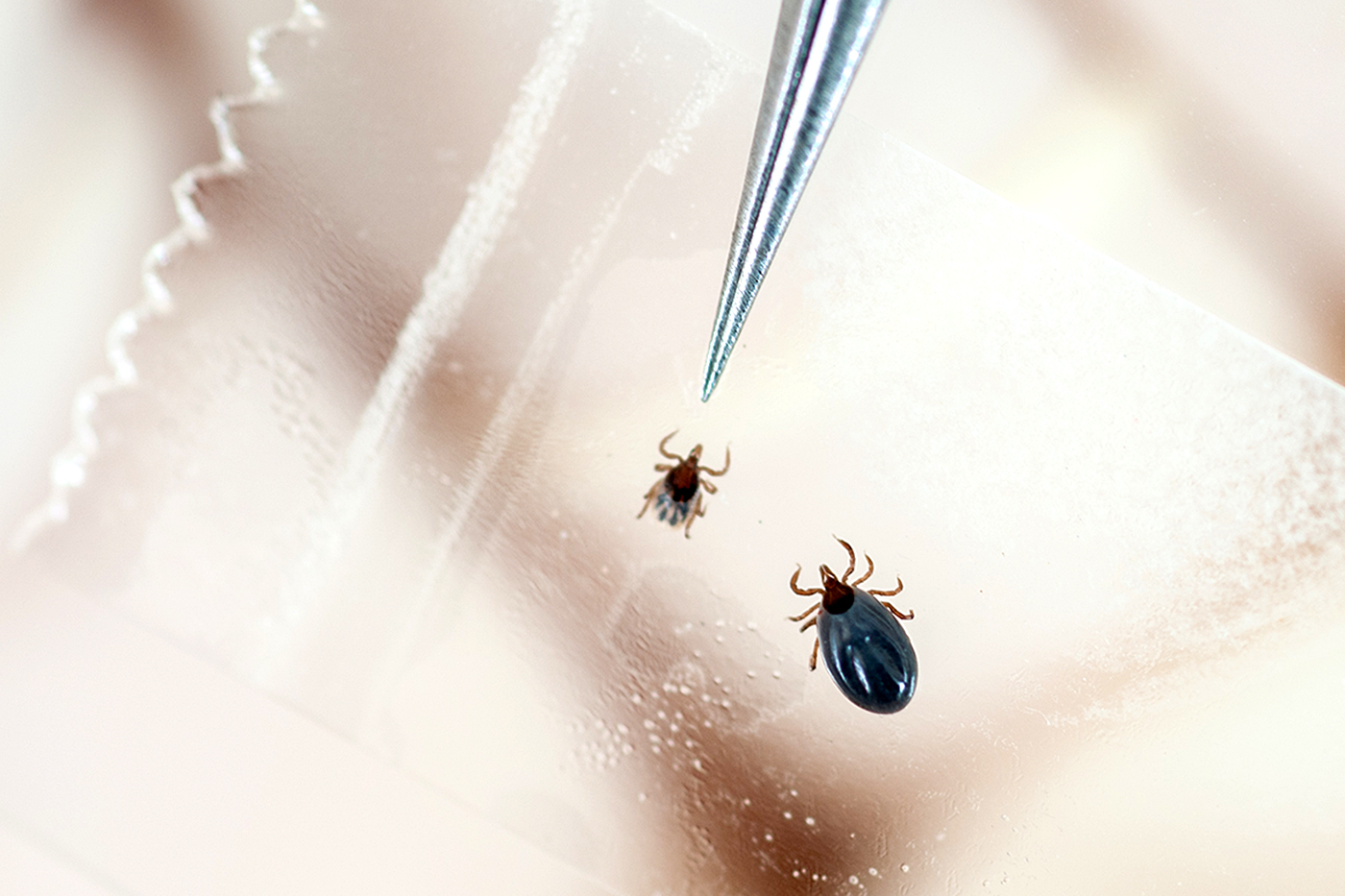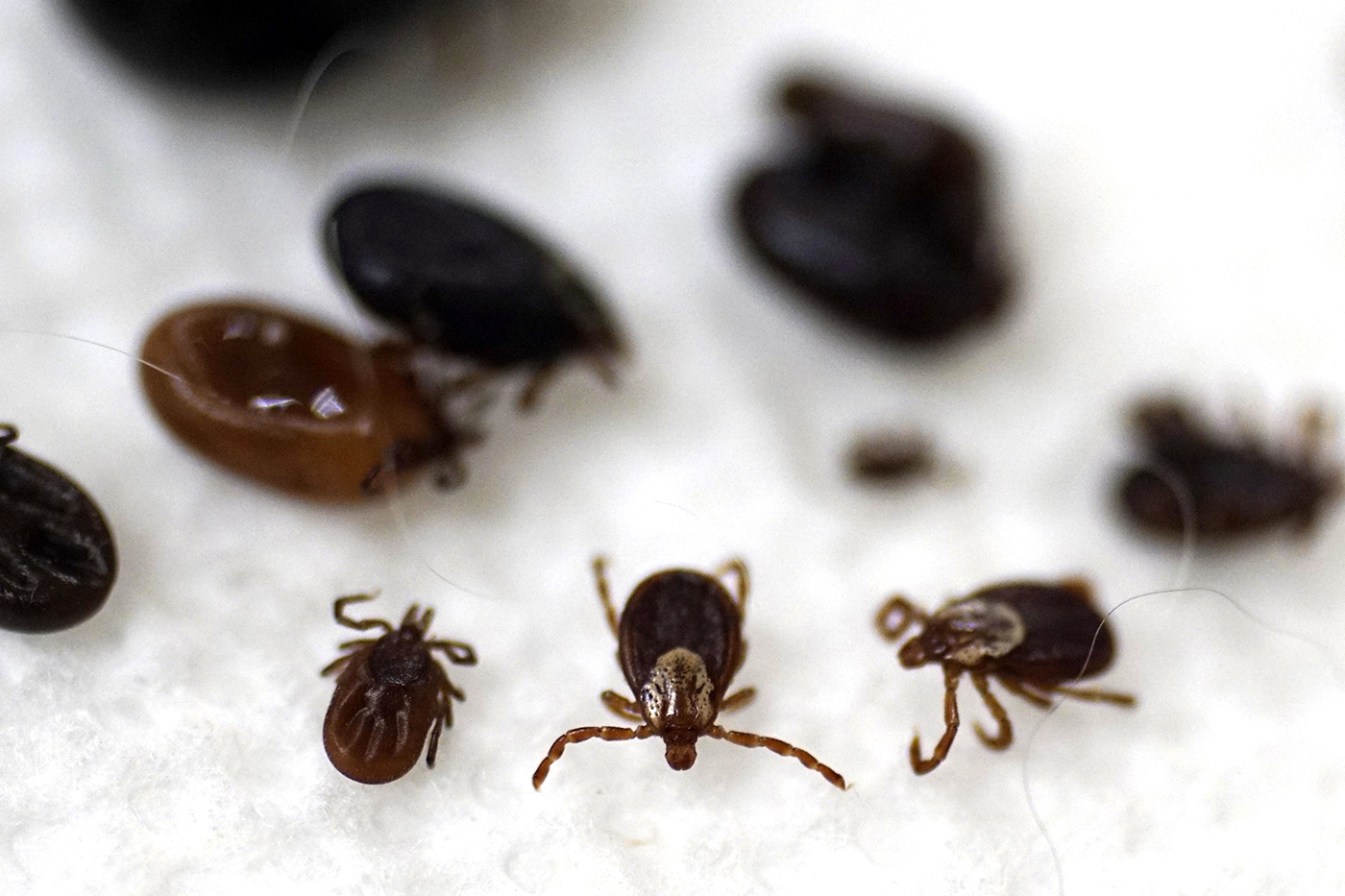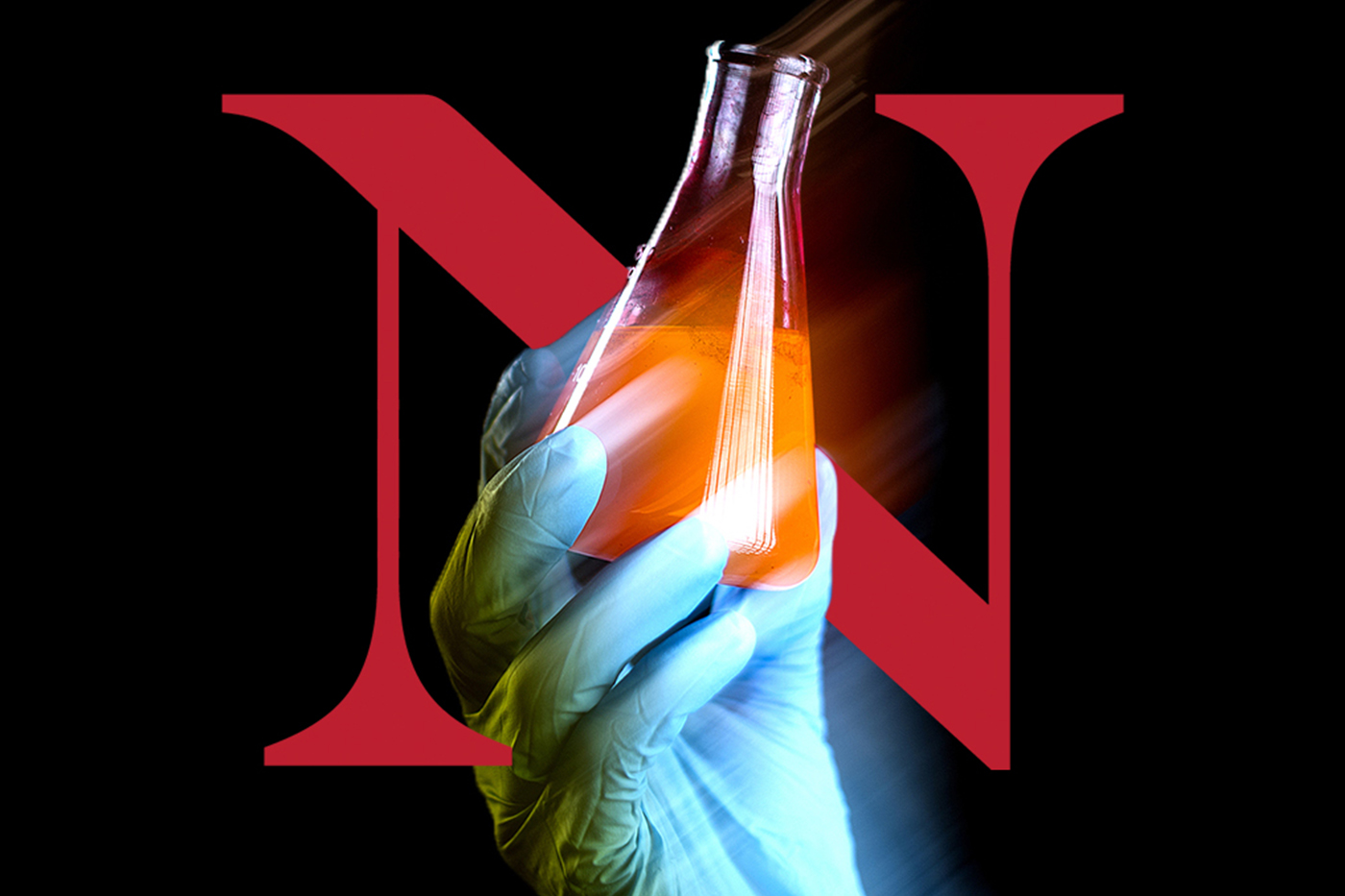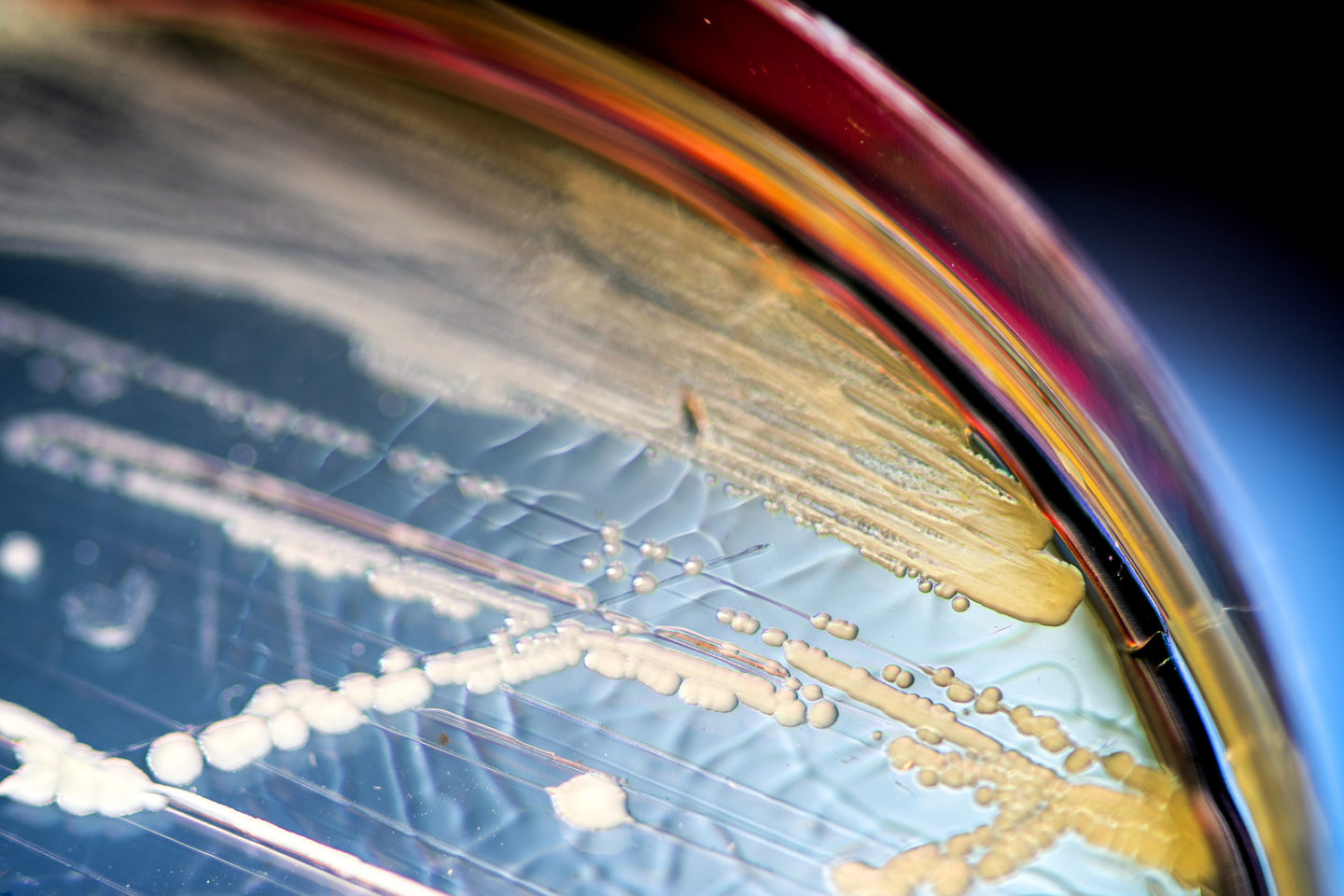
Researchers in the Lewis Lab study several related subjects – persister cells, microbiomes, and uncultured bacteria – enabling their work on antibiotic discovery. Persisters are dormant variants of regular cells which are tolerant to antibiotics and responsible for recalcitrance of biofilm infections.
The Lewis Lab identified a number of mechanisms for persister formation, and the first compound that kills them, acyldepsipeptide (Nature, 2013). Uncultured bacteria make up the majority of species in the environment, and are present in the human microbiome. They developed methods to grow these bacteria, and are finding growth factors that allowed them to be cultured in the lab. This led to the discovery of teixobactin, the first antibiotic with no detectable resistance (Nature 2015; 2021). A search for antibiotics from the microbiome led to the discovery of darobactin antibiotics (Nature 2019; 2022).
The Lewis Lab is currently developing a screen for antibiotics using single cell encapsulation in microdroplets containing intelligent reporters, and a microfluidics cell sorter.


